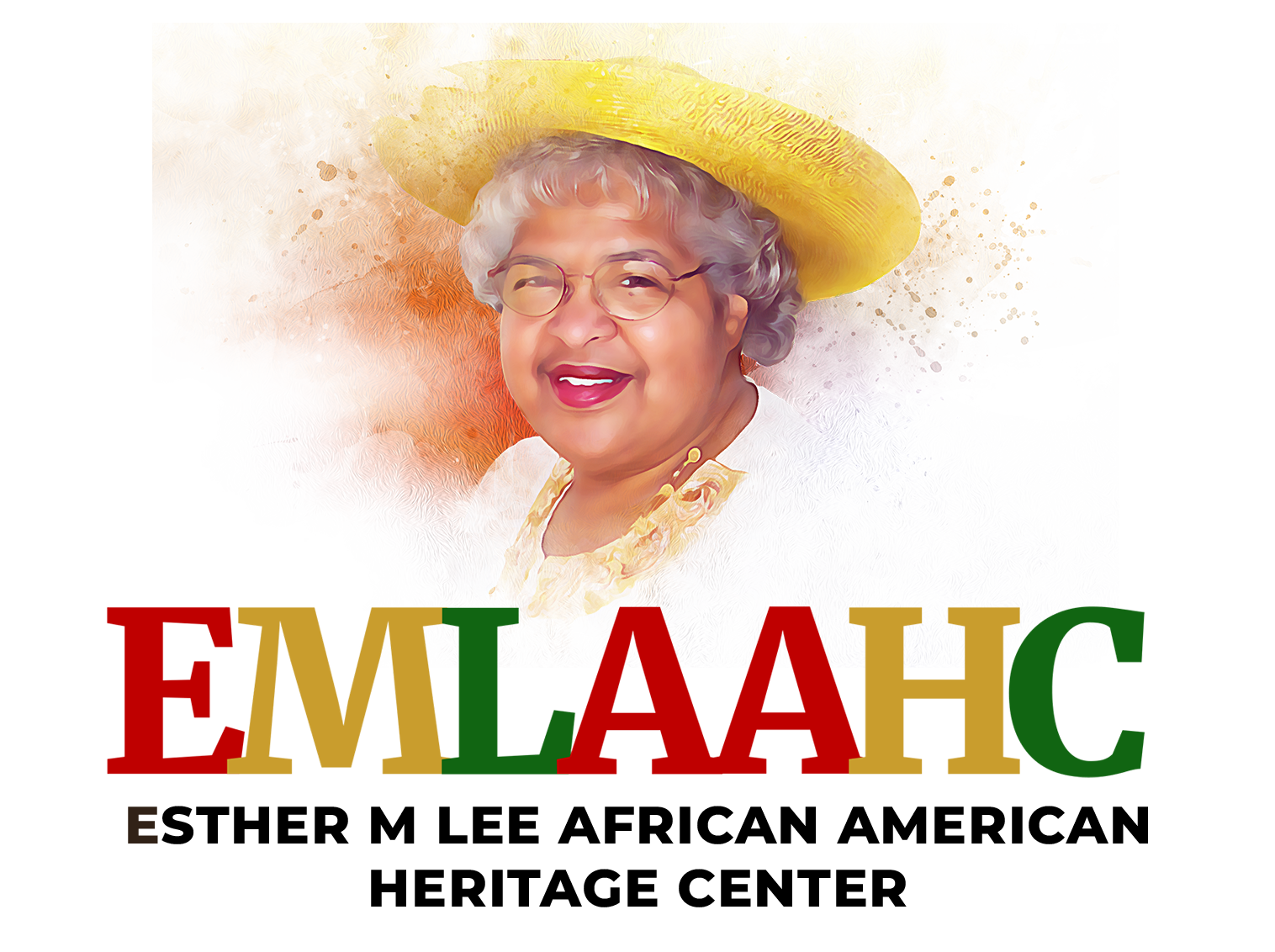The history of Bethlehem’s free negroes begins in the 1860s with the arrival of Hiram Bradley, industrialist Tinsley Jeter’s servant. Negroes worked for the early industrialists such as the Sayre’s, Wilbur’s, Packer’s, and others. Later, they worked as secretaries, nurses, doctors, lawyers, cooks, waiters, and steelworkers. Many were able to provide their families with a middle-class life. A few owned their own businesses such as barbershops, hairdressers, cleaning, catering, boarding houses and sanitation services. They organized and supported their own social and fraternal organizations such as the Elk’s, Masons, Eastern Star, Colored Voters’ Association and more. The church was a central focus in their lives.
Due to discrimination, black graduates could not gain employment in Bethlehem forcing them to relocate throughout the country. Gradually blacks gained employment after the 1964 Civil Rights Act was passed. We will share some of these stories.
One such story is that of the heritage center’s namesake Esther May Lee. Esther Lee was an outspoken force in Bethlehem for more than fifty years, and continues to be. Esther’s advocacy began in 1960 after her children entered into the Bethlehem Area School District and issues developed. She became Madison Elementary School’s PTA President and her political career began.
Her story is but one of the many beautiful threads woven into the tapestry of Bethlehem’s rich African American history. The goal of the Esther M Lee African American Heritage Center is to uncover and celebrate the many impactful stories woven into Bethlehem’s history.
